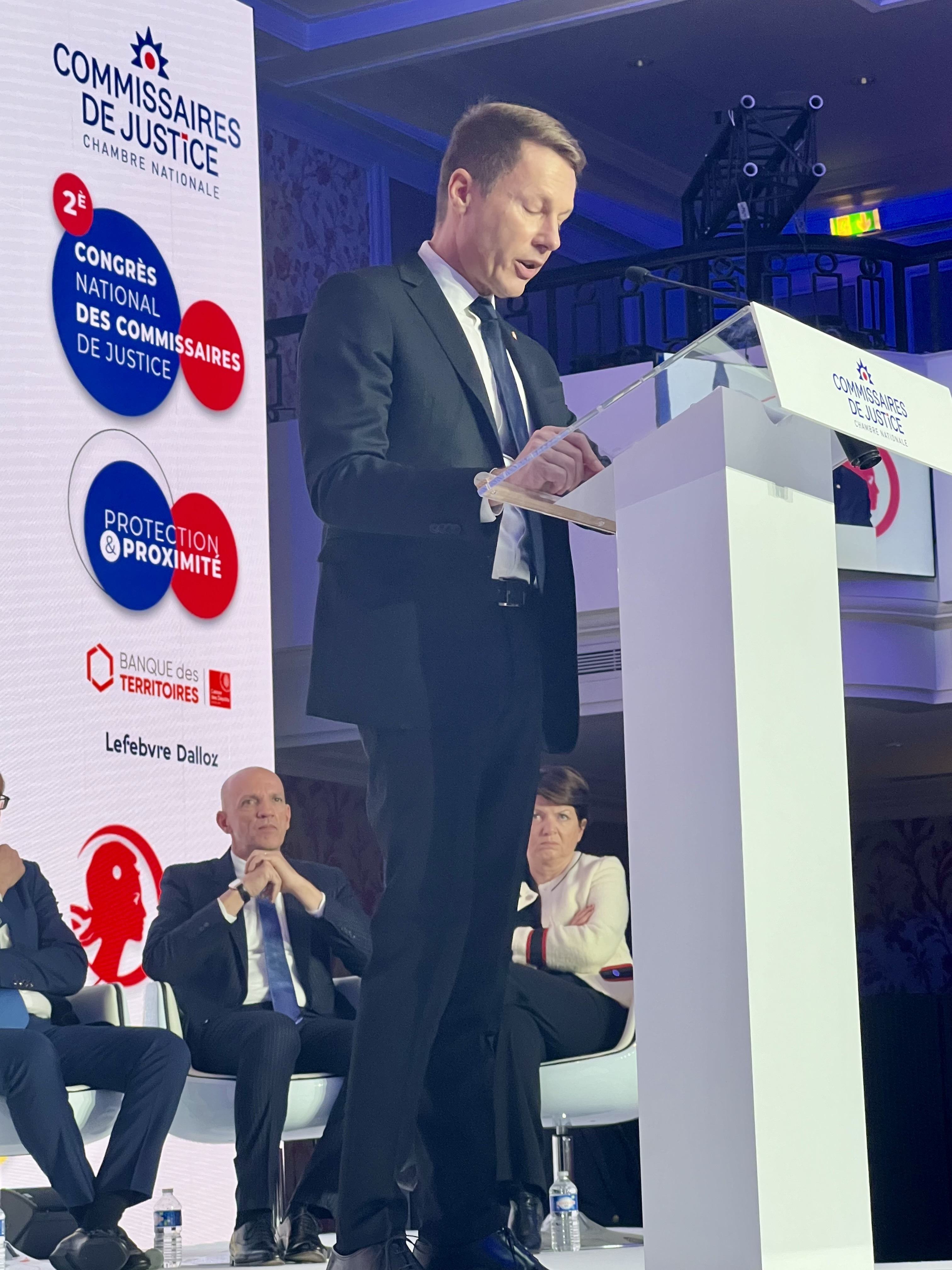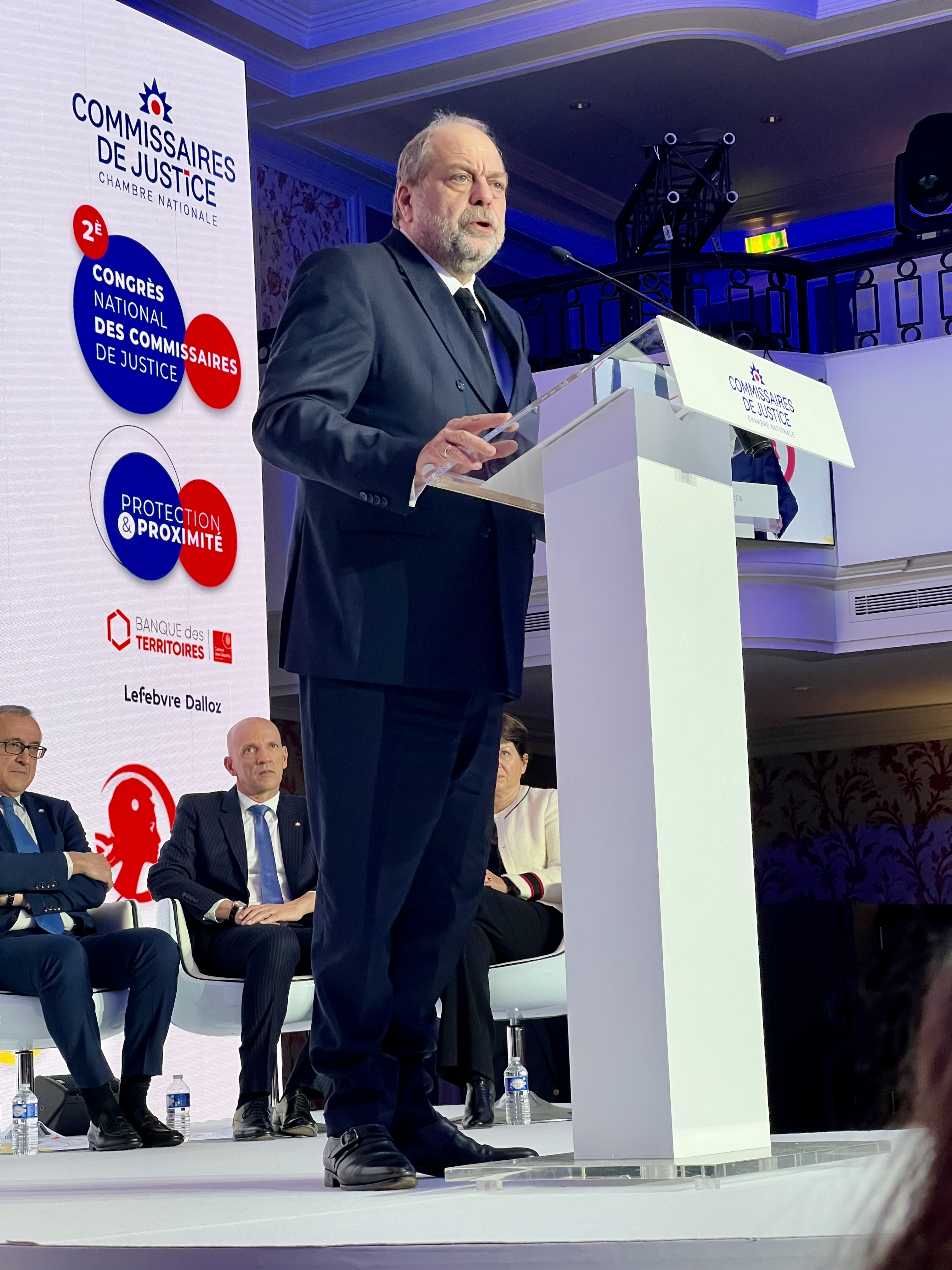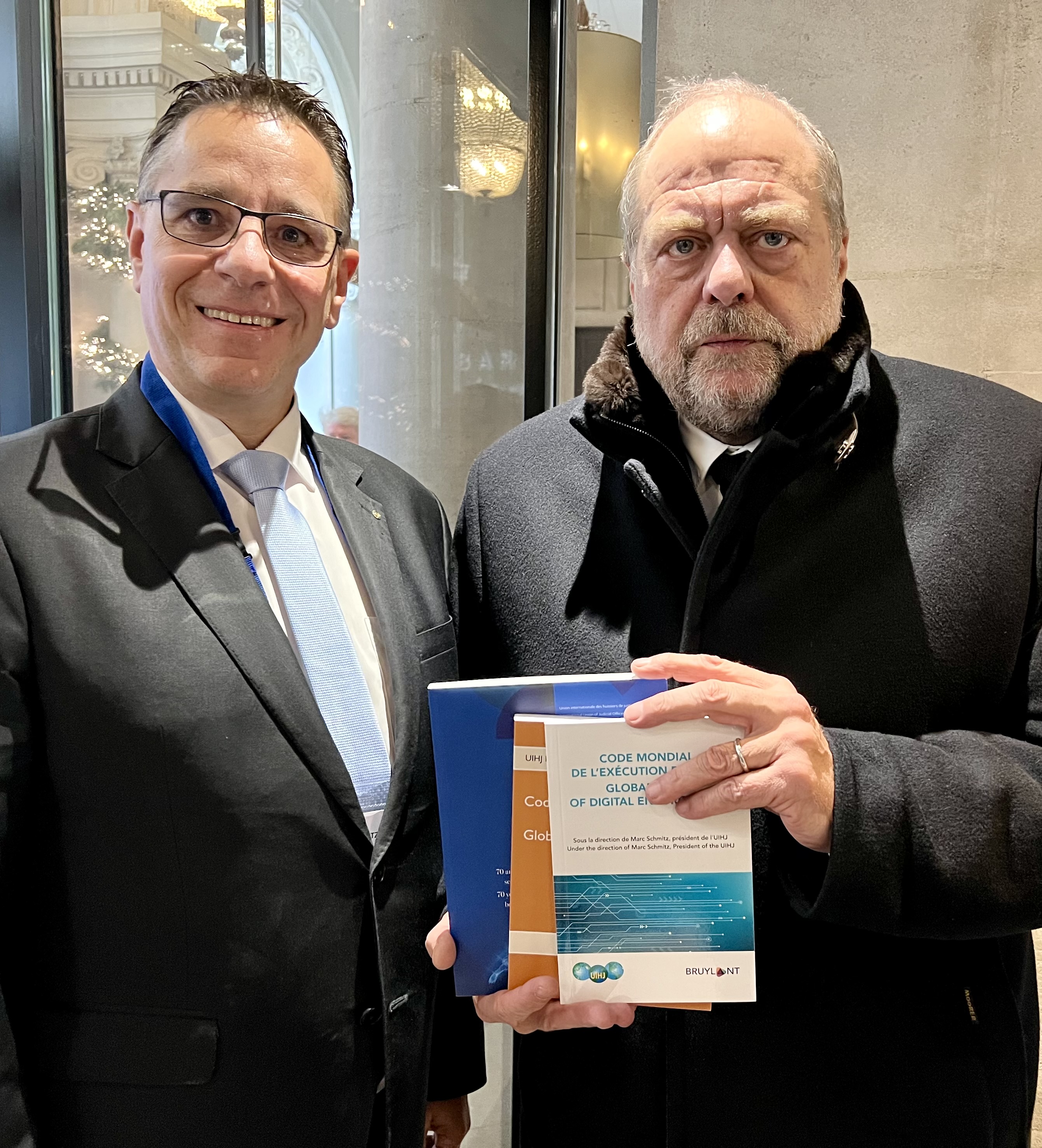On December 14 and 15, the second National Congress of Justice Commissioners of France was held. Organized by the National Chamber of Justice Commissioners under the sign of “protection” and “proximity”, the event underlined the crucial role of justice commissioners as “actors of the economic performance and social cohesion of territories”.
Study all forms of proximity
Whether on a territorial, relational, or digital level, the notion of proximity was widely explored during round tables bringing together representatives of family associations, banking networks and mass distribution, in order to bring out solutions and formulate commitments in terms of supporting clients and litigants. Thus, the first day began with the definition of the notion of proximity and its developments by André Torre, economist and president of the European Regional Science Association. A round table continued this reflection to address territorial issues and solidarity actions by giving the floor to personalities such as Daniel Baal, general manager of Crédit Mutuel or Marie-Andrée Blanc, president of the National Union of Family Associations.
Remember the social dimension of the profession
The congress was an opportunity to recall and demonstrate the added value of the justice commissioner in his role as a social shock absorber. In fact, its actions in preventing evictions, listening to debtors to find fair agreements, and the advice provided on the ground contribute to maintaining the social pact. The presence of Aurore Bergé, Minister of Solidarity and Families, at the opening of the Congress constituted a strong symbol of the government’s recognition of the social usefulness of justice commissioners in access to rights in the territories and for all litigants. . The round table entitled “The protective justice commissioner in the wake of the judge”, dealed in particular with the diversion of the seizure of remuneration and the control of supervisory accounts and inventories.
The justice commissioner differently
The congress also included prospective sequences, with for example a presentation of the work of young colleagues preparing the Biennial of Justice Commissioners scheduled for June 2024, an interview with the president of the GIE Infogreffe and the Business Mediator to outline future synergies between commissioners justice and businesses, or an exchange with partner IT services companies to discuss future digital tools.
The second day offered the opportunity, with the presentation of the parity charter by vice-president Agnès Carlier, to reflect on adaptations and new methods of practicing the profession.
Official sequences and debate
Finally, with speeches from the Keeper of the Seals and Minister of Justice Eric Dupond-Moretti and the President of the CNCJ Benoit Santoire, this day allowed to take stock and express mutual expectations. The Congress concluded with a direct exchange of questions and answers between the Bureau and the audience.
At the end of the official sequence, UIHJ president Marc Schmitz took the opportunity to present a selection of UIHJ publications such as the Global Code of Enforcement and the Global Code of Digital Enforcement to H.E. Eric Dupond-Moretti.









